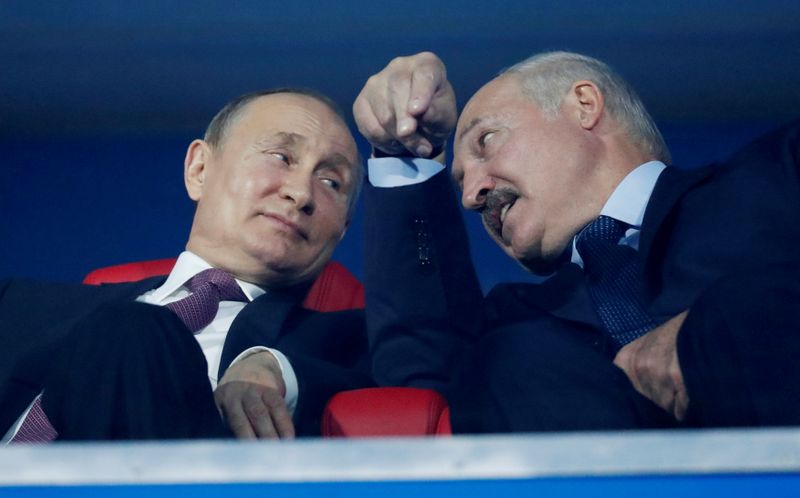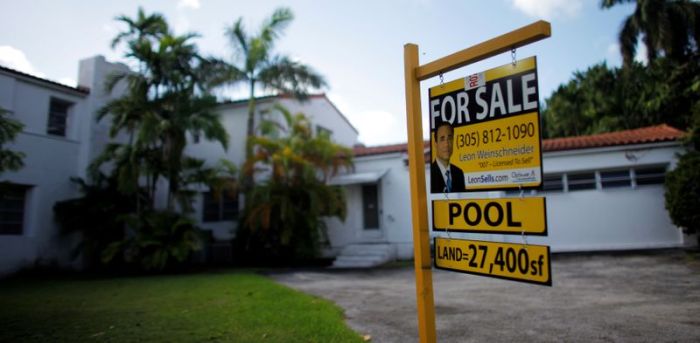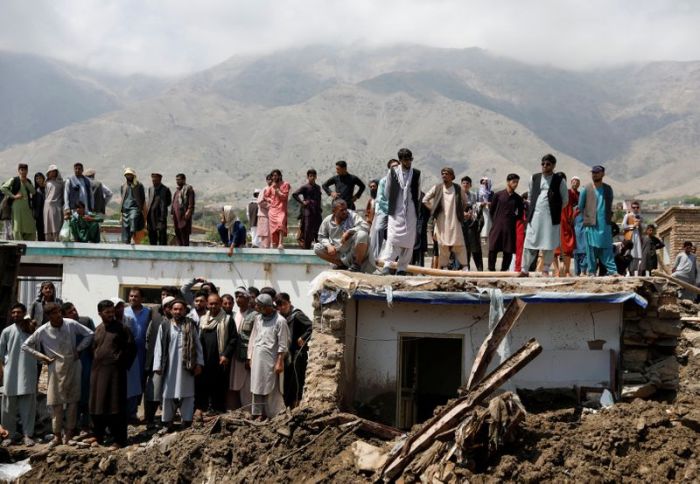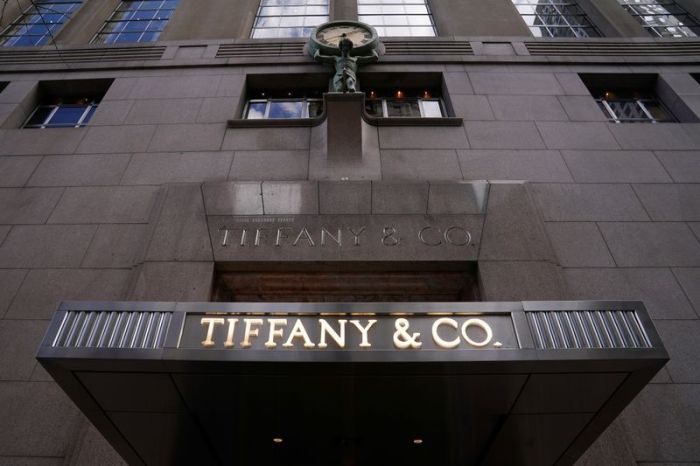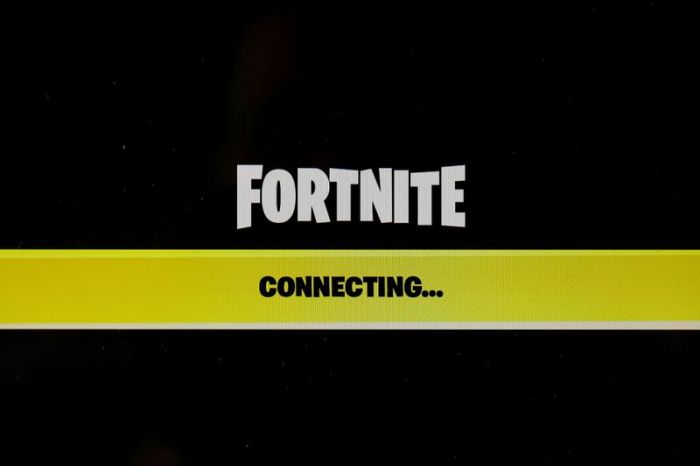MOSCOW/MINSK (Reuters) – Russian President Vladimir Putin said on Thursday the Kremlin had set up a police force to support Belarusian leader Alexander Lukashenko at his request, although it would not be deployed unless unrest there spun out of control.
The remarks were the strongest signal yet that Russia is prepared to use force if needed in Belarus, where mass demonstrations have taken place since an Aug. 9 election that the opposition says was rigged to prolong Lukashenko’s 26-year rule.
“We have of course certain obligations towards Belarus, and the question Lukashenko raised was whether we would provide the necessary help,” Putin told state television.
“I told him Russia would fulfil all its obligations. Alexander Grigorivich (Lukashenko) asked me to create a reserve police force and I have done that. But we agreed this would not be used unless the situation got out of control.”
The Belarusian opposition Coordination Council said Moscow’s move to set up such force violated international law.
Poland, a NATO member and neighbour, also demanded Russia jettison any plans to intervene. Poland “urges Russia to immediately withdraw from plans of a military intervention in Belarus, under (the) false excuse of ‘restoring control’ – a hostile act, in breach of international law and human rights of Belarusian people, who should be free to decide their own fate,” Prime Minister Mateusz Morawiecki said in a tweet.
Belarus has been in turmoil since the election. Security forces have beaten protesters and arrested thousands in a bid to stamp out mass demonstrations and strikes.
The police appeared to take a less aggressive posture last week, but arrests of protesters have since increased again.
“The last two days we see a strengthening of repression,” Valentin Stefanovich, an activist at the civil rights group Spring, told Reuters. “The authorities waited for the activity on the streets to taper off and then started their push. I hope that at least the abuse and torture has stopped.”
On Thursday, around 1,000 people gathered on the main square, some forming a chain and praying, while police and soldiers massed. Police arrested scores of them.
About 20 journalists preparing to cover the rally, including a Reuters cameraman, were also detained. Their telephones and identity documents were confiscated.
Most of the journalists were later freed. However, Swedish Foreign Minister Ann Linde tweeted late on Thursday that a Swedish journalist, Paul Hansen, was being held in Minsk. She demanded his immediate release.
RUSSA’S BUFFER AGAINST NATO
Belarus is Russia’s closest ally among ex-Soviet states, and its fortified frontiers with NATO members are crucial to Moscow’s defence strategy. Moscow and Minsk have even proclaimed a “union state”, complete with a Soviet-style red flag.
Lukashenko has had a difficult personal relationship with Putin. Nevertheless, Russia has taken steps to shore him up, such as sending journalists to staff state TV after employees resigned to protest against what they called propaganda.
Lukashenko said he had agreed with Putin to refinance a maturing $1 billion loan, though Russia’s finance ministry said it had not received any such request.
The West has so far acted cautiously, wary of provoking a Russian military response as took place in Ukraine in 2014.
In Berlin, EU foreign ministers discussed possible sanctions against a short list of up to 20 Belarusians blamed for electoral fraud or the abuse of protesters.
Lukashenko has accused the West of massing troops on Belarus’s frontiers. NATO Secretary General Jens Stoltenberg denied this.
“We respect the sovereignty and there is no military build-up by NATO close to Belarus,” he told Reuters. “We call on Russia to respect the sovereignty and territorial integrity of an independent country, Belarus.”
(Additional reporting by Polina Ivanova and Tom Balmforth in Moscow and Joanna Plucinska in Warsaw; Writing by Angus MacSwan, Peter Graff and Richard Chang)

